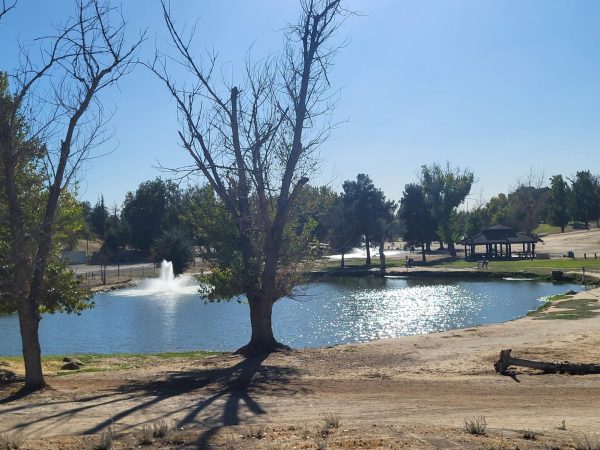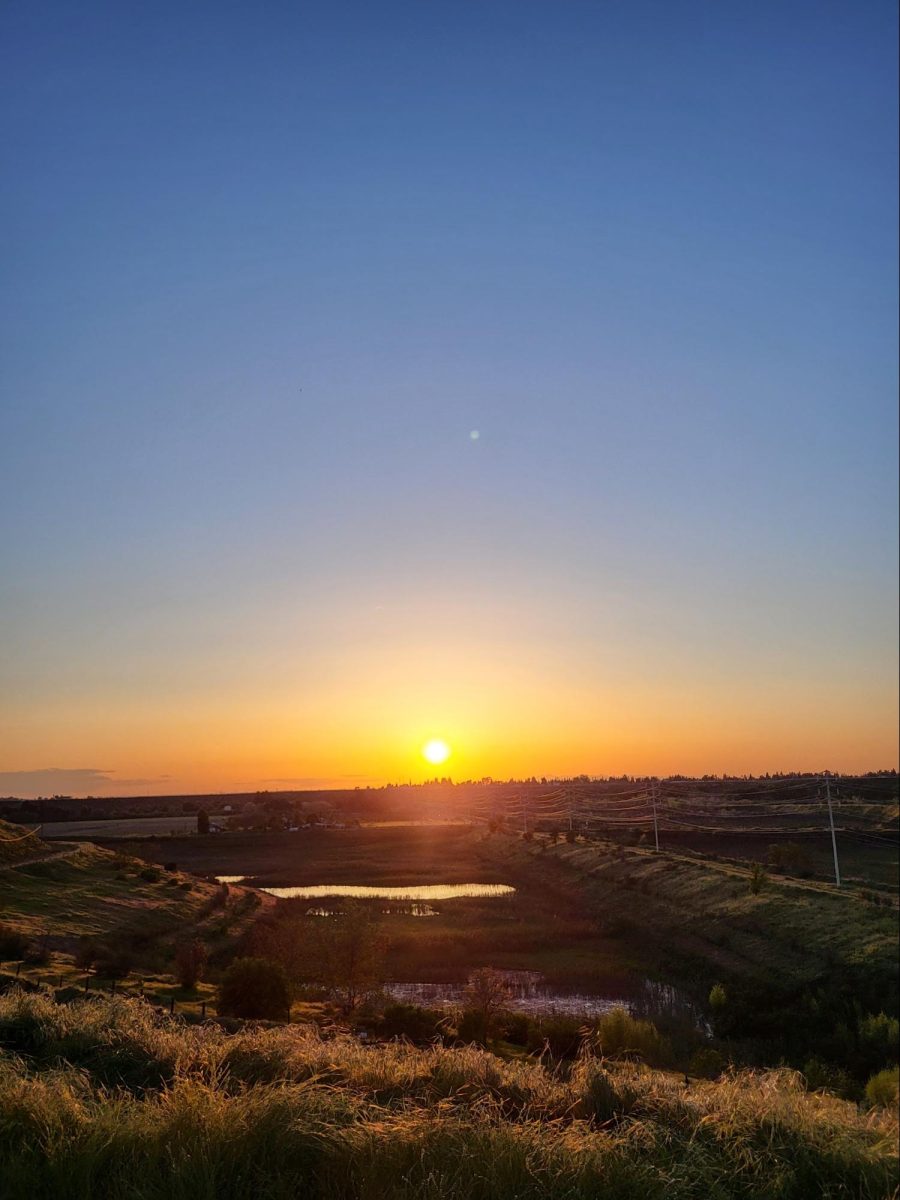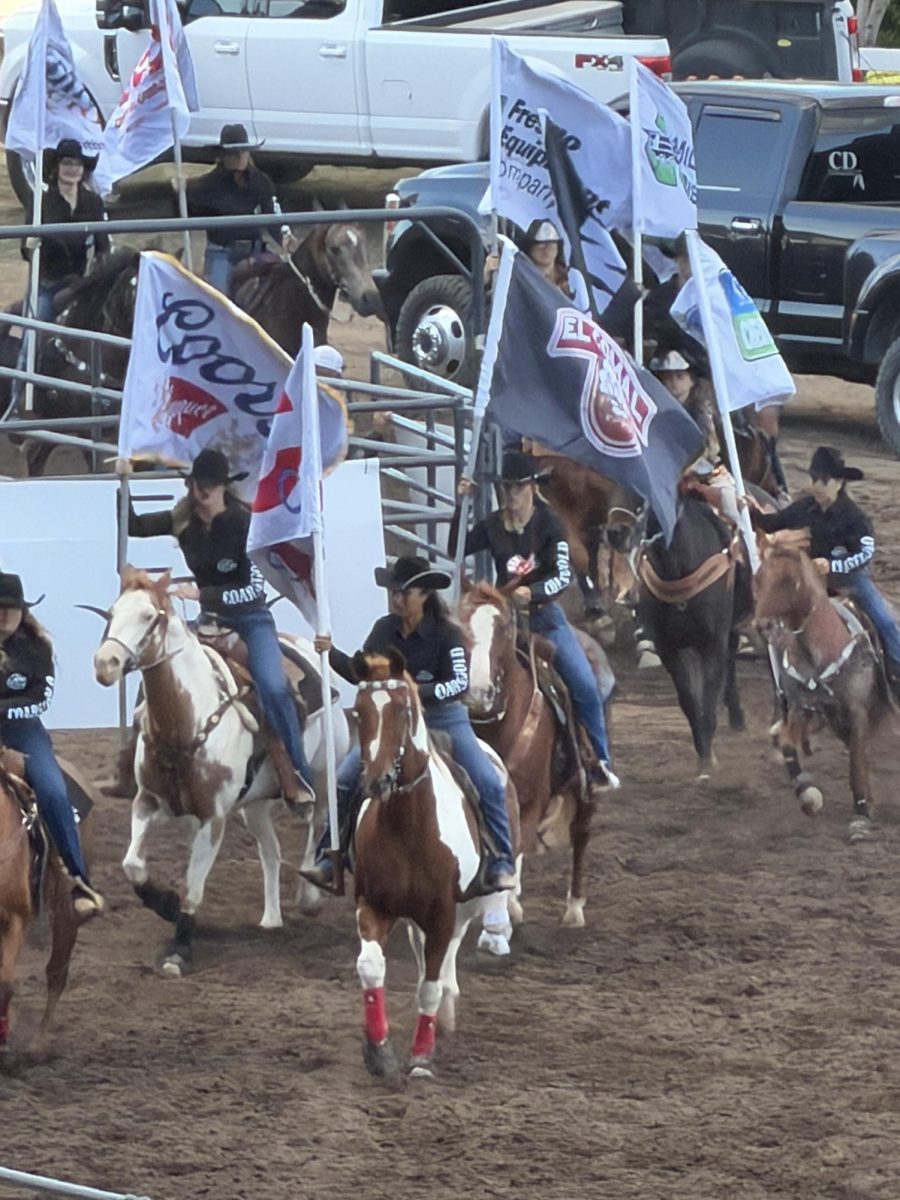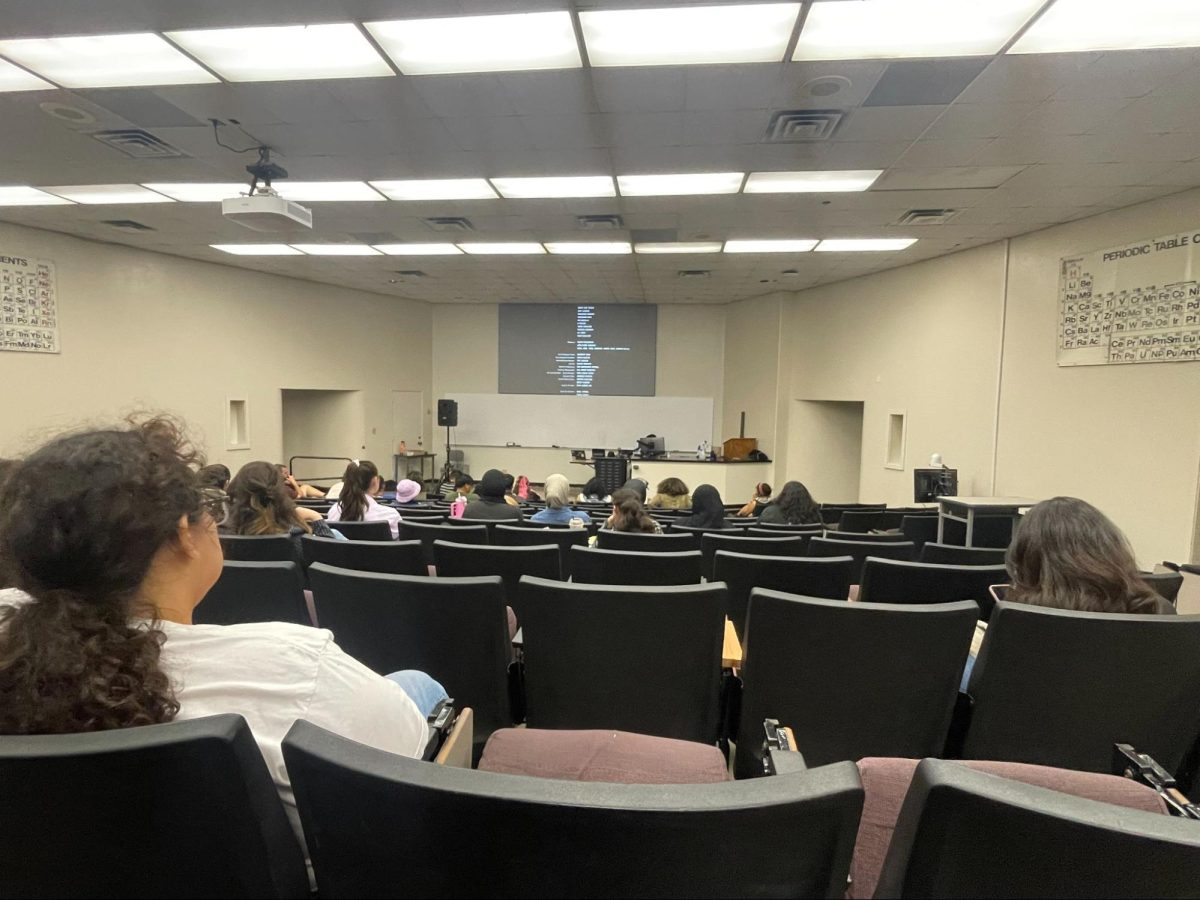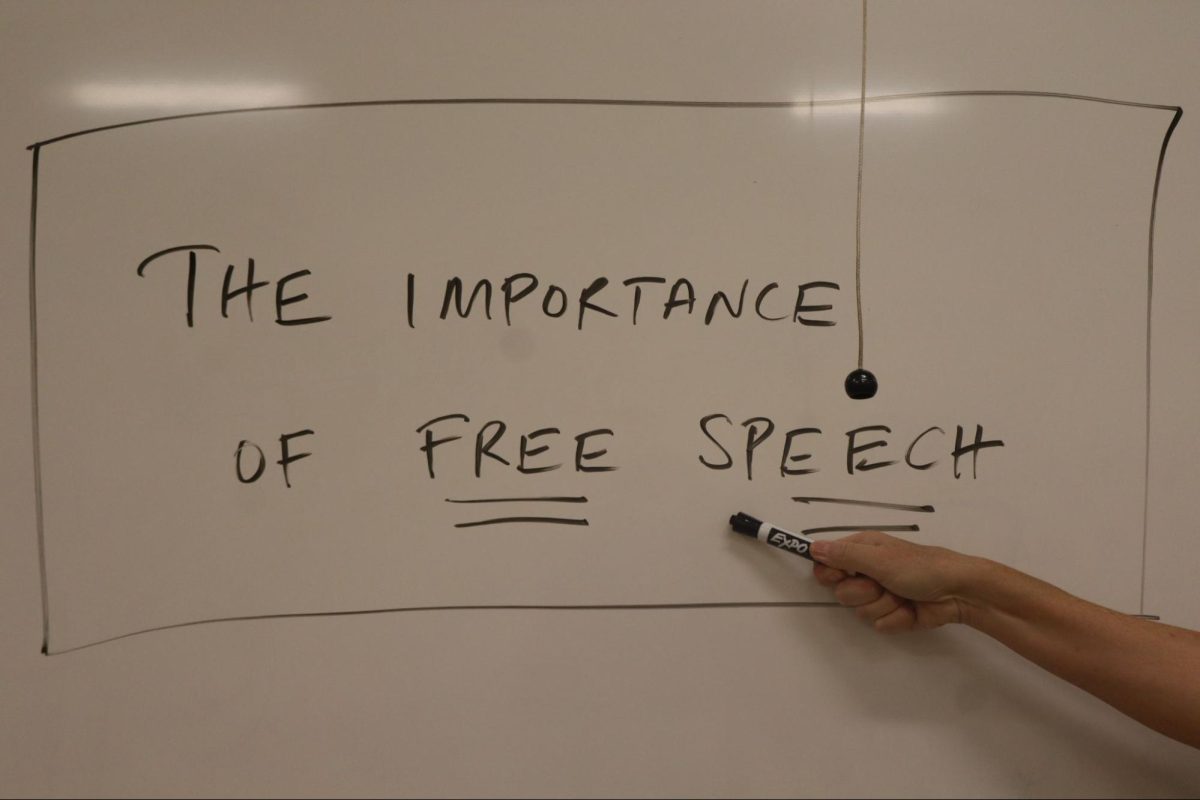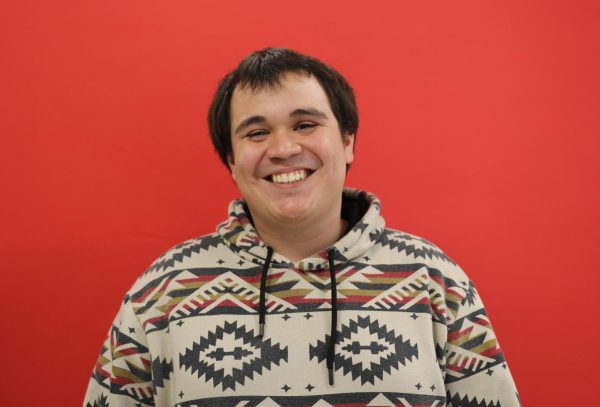Fresno County Board of supervisors will decide over the next year to decide whether or not global materials distributor CEMEX can extract out of the river near Woodward Park.
The San Joaquin River runs through Woodward Park, and CEMEX, which is the largest distributor of concrete globally, proposes to have a 100-year mining contract. Currently they want to use explosives to extract a large amount of gravel from the river. The San Joaquin River is one of the two major river systems in the Central Valley, including the Sacramento River.
CEMEX was founded in the 1900s and is a building and materials company based in Mexico. Their parent company is Vulcan Materials, another large distributor of materials.
Currently there are five supervisors in Fresno County and over the next few months they are meeting with citizens in Fresno before they come together to make a decision on the proposal.
The Environmental Impact Report has raised some questions over the ethics and geological impact that the project could cause. An EIR is a document that must be filed out in California whenever a project might impact the environment.
Another critique comes from the fact that the extraction project seems excessive and unnecessary considering Fresno has a 200% surplus of gravel, according to an article at Fresnoland that discusses the CEMEX situation.
The San Joaquin River Parkway and Conservation Trust have been holding meetings that discuss the negative impacts the project can have on the river and the local community of Fresno and Clovis.
The San Joaquin River Trust has been around since 1988 and its mission is to conserve a parkway that runs from Friant Dam to Highway 99. The parkway is connected by a large trail system.
During a meeting that was held by the River Parkway trust on Sept. 17, there was a presentation that went over the impacts and inconsistencies with the EIR. Sharon Weaver, who is the executive director of the parkway trust, led charge of the meeting.
Weaver said that the process of writing an EIR is intense and involves scientists and specialists who research and study the potential environmental and geological impact a project could have.
“So normally, the way it works is that a project proponent will hire a consultant that is a specialist in this field. They will then subcontract with different kinds of specialty firms like biologists and geologists and hydrologists, like all the different sciences that need to review different parts of the project,” Weaver said.
According to the presentation, CEMEX has added up $52,130,380 dollars worth of penalties in relation to their mining projects. In 2024, the Boulder Health Department noted that CEMEX has outdated facilities that break Clean Air Act standards.
Despite this, Weaver said that the Fresno County Board of Supervisors could still give the project the green light.
“I’m not suggesting that they would choose to do that, but they could,” Weaver said. “The environmental impact report is an opportunity for the public to see what the environmental impacts of the project are, and then we have the ability to comment and share our opinion about the project.”
Weaver noted that EIR’s are usually well written and researched, but this EIR had multiple errors.
“For example, they [CEMEX] talk about an asphalt plant, and then some places they say the asphalt plant exists, and in some places they say the asphalt plant doesn’t exist,” Weaver said. “In some places they say there’s a gas line, so it’s going to be fueled by natural gas because there’s a gas line in Friant Road, except there’s not a gas line in Friant Road.”
Weaver and the River Parkway Trust are mainly concerned by errors such as this because the river at Woodward is such a valued and notable resource in the valley.
Traffic is another source of concern and it’s something that Weaver said can affect drivers in Fresno.
“The city of Fresno is really concerned about road impacts, because most of the truck traffic from the project is on the city of Fresno roads, and the city of Fresno doesn’t get any revenue out of this project, so they’re concerned about truck traffic on the roads and not being compensated for the damage that does to our local roads,” Weaver said.
Preserving the environment is the major focus for the River Parkway Trust. And ultimately they want to encourage citizens to get involved with city council members. Weaver said that there is a timeframe in which members will listen to the public, and then go into a period of decision making.
Weaver said that the deliberation period is about a year.
“We’re trying to get people mobilized right now to talk with their supervisors, because we know at some point they won’t be meeting with people anymore,” Weaver said.
Weaver and the River Parkway Trust cares about Woodward Park and the river. And ultimately she wants to preserve nature for the future.
“We think it’s an incredibly important space to preserve for those reasons as well. We, you know, take people out on educational field trips. We have a large school field trip program. We do a river camp program in the summer. We take people on commute tours on the river. So we just think it’s a really important resource for our region,” Weaver said.
